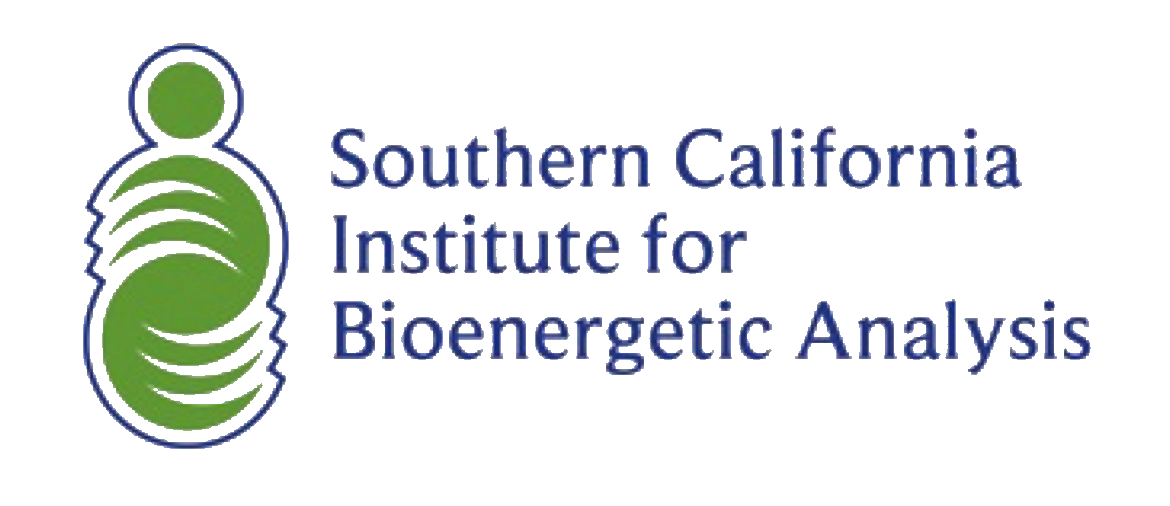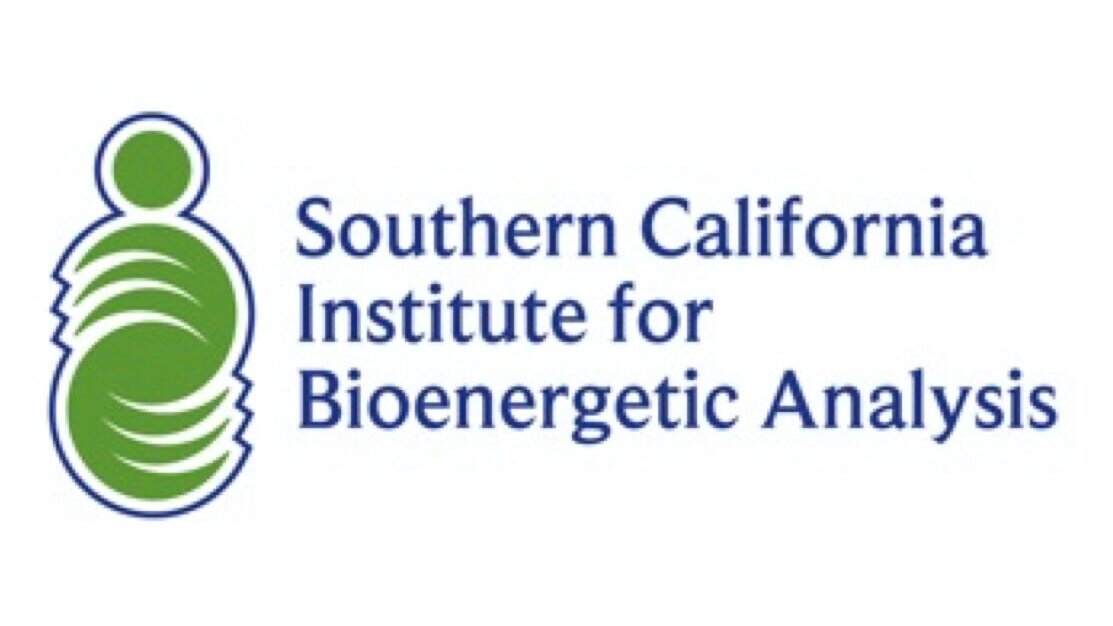Tired of the same old LAW AND ETHICS workshop?
Join us Saturday, October 24 for this dynamic & interactive workshop and earn 6 CEUs to fulfill your law and ethics requirement.
Participants will:
identify four uses of touch in their private practice;
describe three types of touch in therapeutic practice;
identify three types of boundary considerations pertaining to touch and;
identify three countertransference issues that arise with the use of touch.
THE ETHICS OF TOUCH
“If a therapist decides to touch a given patient, s/he must do so in a thoughtful manner and must be willing to accept responsibility for the patient’s interpretation of the touch. Likewise, if the therapist decides not to touch, there must be a similar willingness to accept responsibility for the meanings that the patient will assign to the absence of a natural form of human contact.” (The Therapist, March/April 2011, Guest & Parker).
Intended for licensed & pre-licensed mental health professions & master & doctoral-level clinicians, physicians & psychiatric nurses.
Cost: $115 registration fee.
When: October 24, 2019, 9:00am-4:00pm
Where: Online
Schedule: 9:00 – 9:30 Registration & Intro
9:30 – 10:45 Powerpoint & lecture
11:00 – 12:00 Experiential exercise
12:00 – 1:00 Lunch
1:00 – 1:30 Presentation of case law
1:30 – 2:30 Demonstration
2:45 – 4:00 Experiential exercise, discussion, evaluations
Presenters: Diana Guest, LMFT former President of the International Institute for Bioenergetic Analysis (IIBA), and both a local SCIBA and International faculty member. Recently retired from private practice she maintains her status as a certified Bioenergetic Analyst, IMAGO Relationship Therapist, and Level 2 EMDR trained.
Additional SCIBA Faculty and Certified Bioenergetic Therapists (see flier for more details) assist this presentation.
Mail registration & check payable to SCIBA Link to registration page
SCIBA ℅ Jennifer York
1767 Grand Ave. #4,
San Diego, CA 92109
www.sciba.org / info@sciba.org
See flier for CEU details, refund policy, presenter information, and access requests:

